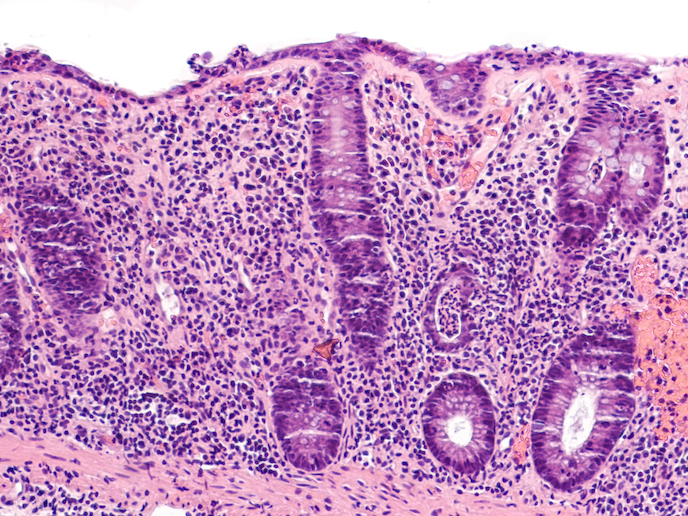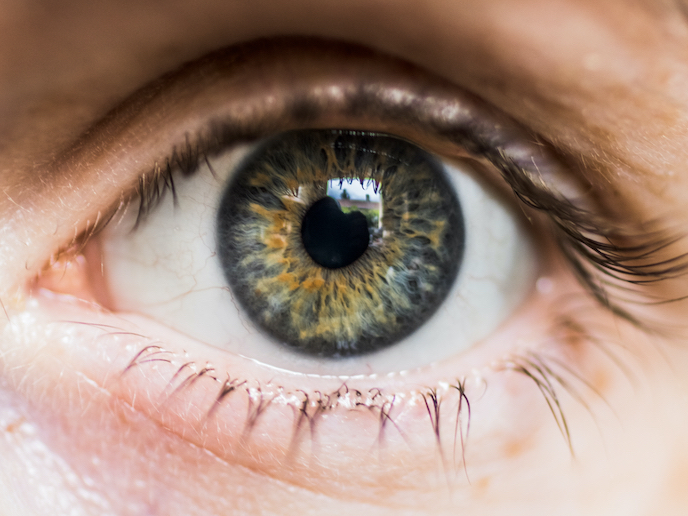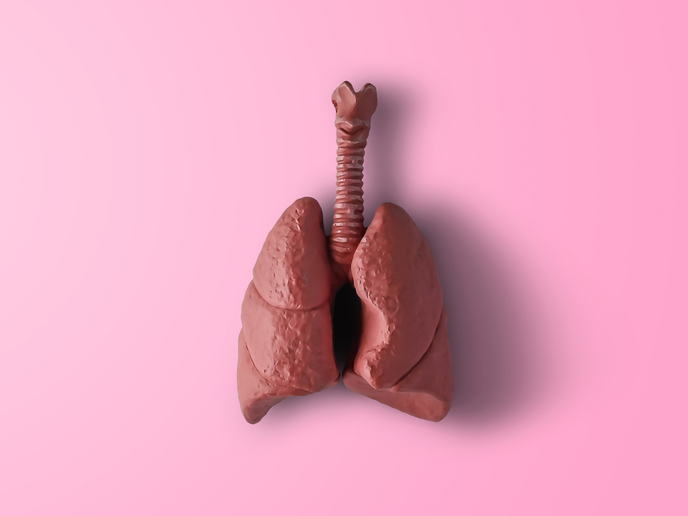Breakthrough biomarker discovery for dementia
Dementia is a growing global challenge, with 40 million individuals affected worldwide, a number projected to double every 20 years. In Europe alone, 8.8 million people live with the condition. Despite its profound personal and societal impacts, dementia remains difficult to diagnose in its early stages, as clinical symptoms typically emerge years after the onset of pathological changes, and there is considerable overlap in clinical symptoms between different causes of dementias.
Integrative approach towards biomarker identification
Undertaken with the support of the Marie Skłodowska-Curie Actions programme, the MIRIADE project aimed to accelerate the discovery of novel biomarkers for dementia. “We established a unique research and training programme to enable precision health approaches for early diagnosis, disease monitoring, and better treatment outcomes,” explains project coordinator Charlotte Teunissen. A central achievement of the MIRIADE project lies in its integrative approach to data analysis and biomarker identification. The consortium unified omics data from cerebrospinal fluid and blood samples and forwarded over 30 candidate biomarkers for development. It combined big data analysis, cutting-edge assay technologies and entrepreneurial skills training, advancing both scientific discovery and clinical application.
Biomarker validation and assay development
Remarkable progress was made in biomarker assay development and clinical validation. Using advanced protein technologies, MIRIADE successfully developed and clinically validated assays for 16 biomarkers. Among the prioritised biomarkers were dopamine decarboxylase for dementia, aquaporin-4 for Alzheimer’s disease and synaptic biomarkers SNAP-25 and VAMP-2 in blood for frontotemporal dementia and Alzheimer’s disease. Comparative studies between assay methods revealed that mass spectrometry excels in developing multiplex biomarker assays but requires more time and resources than immunoassays. However, immunoassay development led to more successful clinical validations within the project duration. Moreover, the use of AI tools enabled researchers to predict whether brain proteins could serve as effective fluid biomarkers and if they are likely to end up in extracellular vesicles. These tools will refine biomarker selection and accelerate assay development.
Translating findings into clinical practice
The translation of MIRIADE’s findings into clinical and diagnostic use is well underway. Biomarkers such as dopamine decarboxylase have already been implemented in initial clinical trials, and plasma pTau assays are undergoing prospective evaluation. For other biomarkers, retrospective and prospective validation studies are planned to refine their clinical application. Considerable effort has been dedicated towards market readiness, including regulatory approval processes for biomarkers and the development of point-of-care testing platforms. Furthermore, the project has created a comprehensive roadmap to guide future biomarker development. This framework includes best practices for integrating big data, assay development and clinical validation, as well as approaches for fostering stakeholder collaboration to accelerate the translation of biomarkers into practice.
Empowering the next generation of scientists
Education and training were central to MIRIADE’s mission. The consortium organised network-wide training that covered topics ranging from biomarker science and bioinformatics to business innovation and patient perspectives. Additionally, the project’s early-stage researchers completed a significant number of courses, equipping them with the skills to advance biomarker science and its clinical application. Looking ahead, MIRIADE will continue its work by refining biomarker validation, scaling up assay production, and seeking funding to advance its discoveries. The strong network between MIRIADE is shaping a future where timely diagnosis and effective treatment significantly improve patient outcomes and reduce the socio-economic burden of dementia worldwide.
Keywords
MIRIADE, biomarker, dementia, dopamine decarboxylase, Alzheimer’s disease







